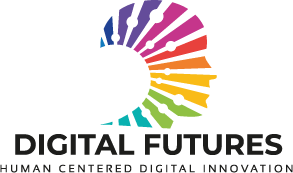SmartADHD
Supported Management of ADHD with evidence-based Resources and Tools
SmartADHD
Supported Management of ADHD with evidence-based Resources and Tools
We are an interdisciplinary team, including researchers, digital experts, healthcare professionals and people with lived experience of ADHD.

Associate Professor in Primary Care and Children and Young People’s Mental Health. Exeter Collaboration for Primary Care (APEx), and Children and Young People’s Mental Health (ChYMe) research collaboration, University of Exeter.
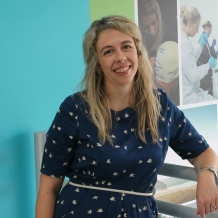
Associate Professor and Honorary Consultant in Public Health. NIHR Advanced Fellow and Director of ChYMe, Faculty of Health and Life Science at the University of Exeter.

Gradutate Research Assistant, Children and Young People’s Mental Health (ChYMe) research collaboration, University of Exeter.

Expert in Human Computer Interaction (HCI), Senior Research Associate at the University of Bristol.
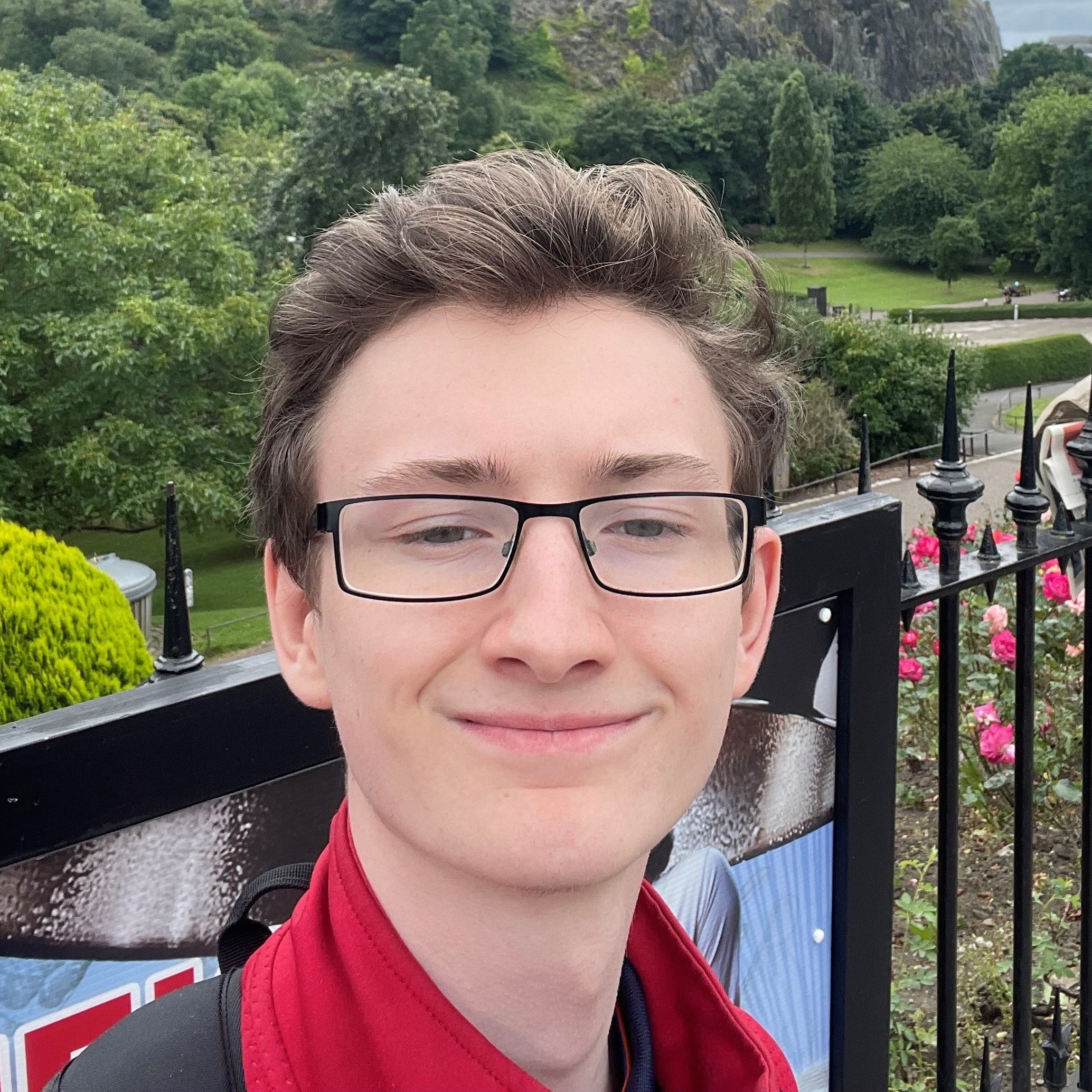
Undergraduate Placement Year Student (2024-2025) at the University of Exeter.
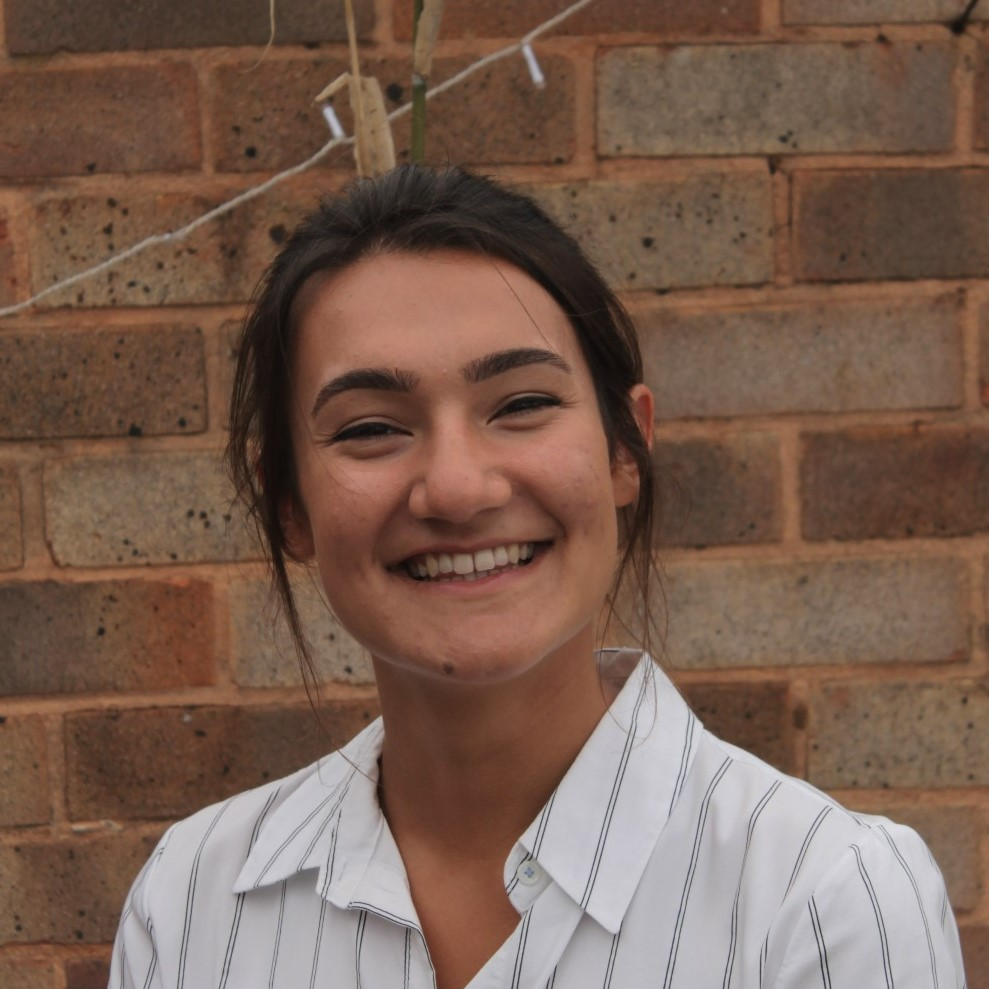
Studying underrepresented groups within ADHD primary care in the UK as part of her PhD at the University of Exeter.

Digital Innovation Developer at the Digital Futures Lab, leading the development of the Virtual Assistant for the SmartADHD App.

Student in Biomedical Science BSc, University of Warwick. Young person with lived experience of ADHD.

Digital Futures co-lead, providing insight into the project from a digital perspective.

Digital Futures co-lead, providing insight into the project from a digital perspective.
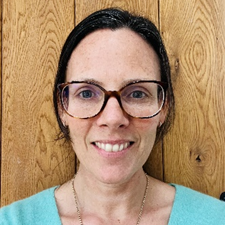
Consultant Paediatrician, previously NHS Devon ICB Strategic Clinical Advisor for Neurodiversity, providing insight into how to make the project relevant and implementable in the NHS.

Professor of Neurodevelopmental Conditions, Faculty of Medicine & Health Sciences, University of Nottingham.
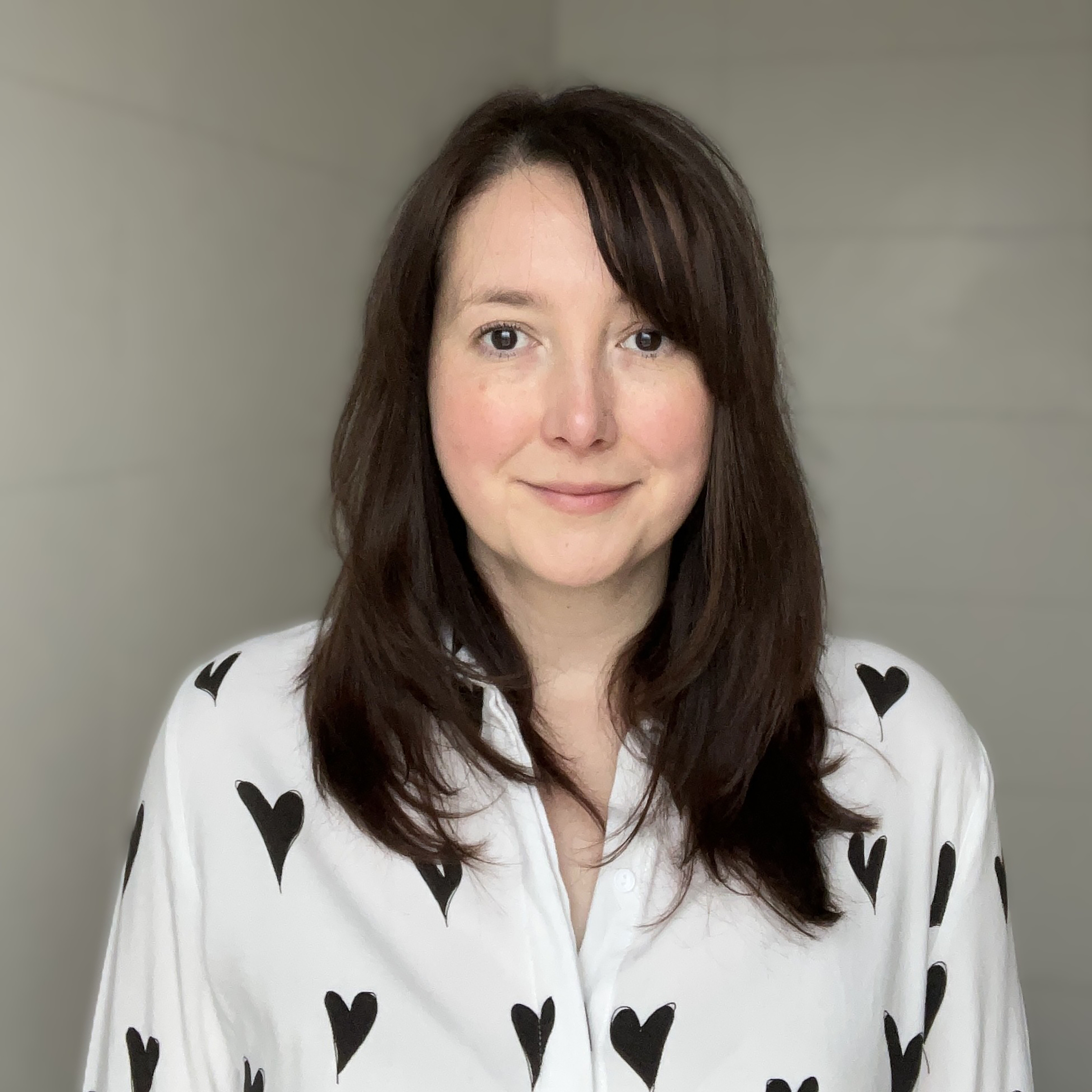
Professor of Primary Care Research and Co-head of the Primary Care Research Centre at the University of Southampton.
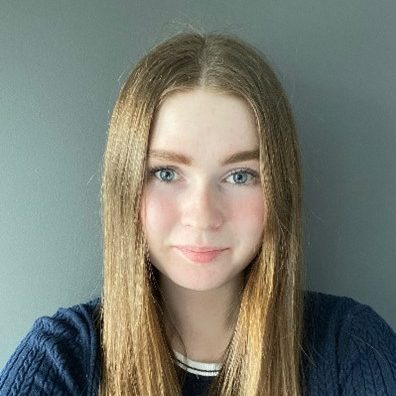
Research Assistant at Trinity College Dublin.
Project delivery is guided by two research advisory groups (RAGs), one made up of people with lived experience of ADHD (LE-RAG), and one made up of healthcare professionals (HP-RAG).
Research development is guided by an extended group of people with diverse experiences of living with ADHD, which we call our working group. They contribute flexibly in many ways, including during workshops, focus groups and one-to-one engagement meetings, to collaboratively develop the app and chatbot. This includes refining the content for the app, exploring the potential features of the app and chatbot, and getting messy and creative with design.
This project is part of the wider Science of ADHD and Neurodevelopment (SAND) research collaboration at the University of Exeter.

We are working closely with the Digital Futures team, who are part of the Torbay and South Devon trust, to develop the AI chatbot.
